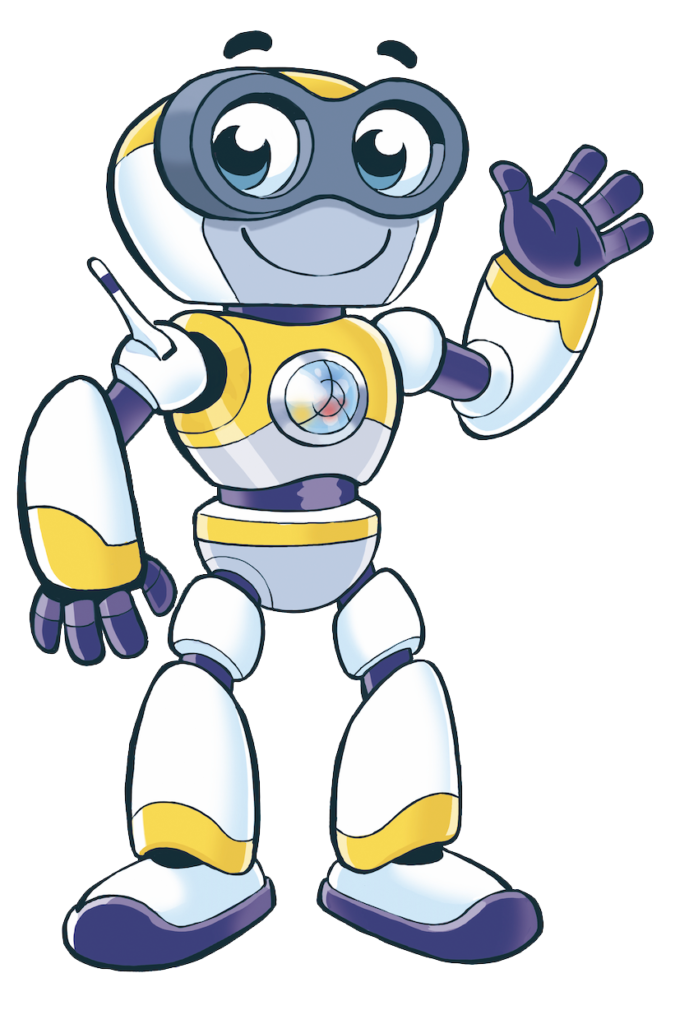Clean energy refers to the accessible and cost-effective production of renewable power, emphasizing sustainability. It involves harnessing sources like hydropower and solar energy to meet energy needs responsibly and economically.

Renewable energy utilizes sources like solar, wind, and hydropower for clean and sustainable electricity, reducing reliance on fossil fuels.
Economic Benefits
Promoting job growth and reducing dependence on finite resources, renewable energy fosters a cleaner, more sustainable energy landscape for the future.
Diverse Forms
It includes solar power, harnessed from the sun's rays, wind energy harnessed by turbines, hydropower from flowing or stored water, and geothermal heat extracted from the Earth's underground heat and biomass which are organic materials, such as plants and agricultural residues, that can be used as a renewable energy source through processes like combustion or conversion to biofuels.
Sustainable Sources
Renewable energy comes from naturally replenishing sources, ensuring long-term availability.
Reduced Emissions and reduced waste streams
Unlike fossil fuels, renewable energy produces minimal greenhouse gas emissions, curbing climate impacts.
Equitable
Renewable energy sources are more equally localized on the planet than fossil resources, making them more easily accessible to all and decreasing geopolitical/economical risks associated to limited fossil/non-renewable resources.

Energy storage revolutionizes sustainability, ensuring a reliable supply of power when the sun isn’t shining or the wind isn’t blowing.
Capturing Excess Energy
Energy storage involves storing surplus energy harnessed during periods of low demand or high availability for later use.
Various Technologies
It employs diverse methods like batteries, pumped hydro storage, and thermal storage to store energy in different forms.
Enhanced Grid Stability
Energy storage enhances the reliability of power grids by providing backup during outages and balancing supply and demand fluctuations.
Facilitating Renewable Integration
It enables a smoother integration of intermittent renewable sources by ensuring a steady power supply.


Smart energy technologies optimize efficiency, enabling intelligent management and conservation for a sustainable and connected future.
Intelligent Management
Smart energy involves advanced technologies to monitor, control, and optimize energy usage.
Data Analytics
It utilizes data-driven insights to enhance efficiency, predict demand, and optimize energy distribution.
IoT Integration
Smart energy systems connect devices via the Internet of Things (IoT), facilitating real-time communication and control.
Demand Response
It enables responsive adjustments to energy consumption based on demand fluctuations, enhancing grid stability and sustainability.
User Empowerment
Smart energy empowers users with information and control, promoting energy conservation and cost savings.
Lorem ipsum dolor sit amet, consectetur adipiscing elit. Ut elit tellus, luctus nec ullamcorper mattis, pulvinar dapibus leo.
Lorem ipsum dolor sit amet, consectetur adipiscing elit, sed do eiusmod tempor incididunt ut labore et dolore magna aliqua. Sed id semper risus in hendrerit gravida.
Lorem ipsum dolor sit amet, consectetur adipiscing elit, sed do eiusmod tempor incididunt ut labore et dolore magna aliqua. Sed id semper risus in hendrerit gravida.
Lorem ipsum dolor sit amet, consectetur adipiscing elit, sed do eiusmod tempor incididunt ut labore et dolore magna aliqua. Sed id semper risus in hendrerit gravida.
Introducing an exciting collaboration of leading Swiss institutions: including ETH Zurich, EPFL, PSI, Empa and the Swiss Museum of Transport, to inform and engage with you on Swiss Energy Strategy 2050. Discover our research towards a Net-Zero energy system. Join us today!